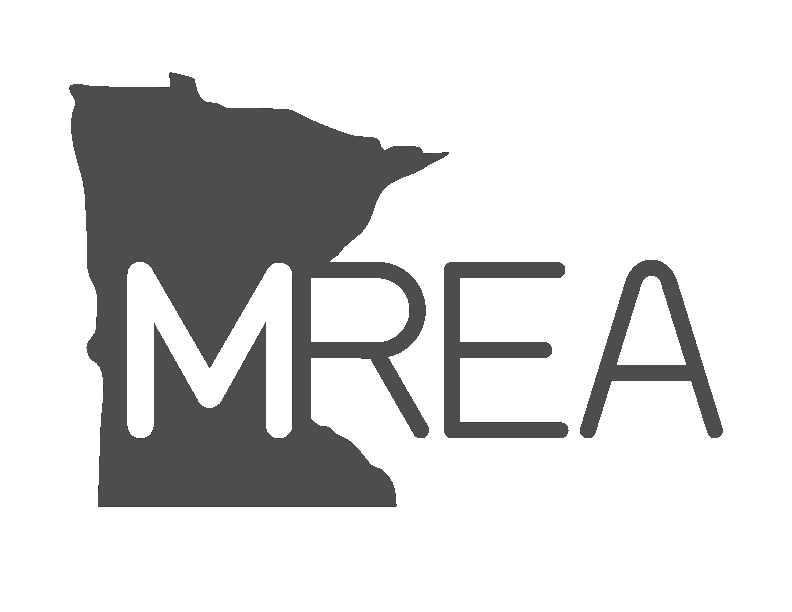Nationwide, legislation led by Minnesota Sen. Tina Smith could save electric co-ops and the member-consumers they serve $10 billion.
(MAPLE GROVE, MINN) – On Thursday, March 25, a bipartisan group of congressional leaders reintroduced the Flexible Financing for Rural America Act. This bill could save electric co-ops across the country more than $10 billion in interest payments on their federal loans. Sen. Tina Smith (D-Minnesota) is among the lawmakers championing this legislation.
The bill is key to helping co-ops recover from the economic battering brought on by COVID-19. The pandemic tanked demand for electricity by commercial and industrial co-op members struggling to survive downturns in the oil, agricultural and tourism industries. It also left many residential member-consumers unable to pay their electric bills because of lost jobs and other financial hardships.
The Minnesota Rural Electric Association (MREA) applauds lawmakers for their leadership on this critical issue.
Darrick Moe, MREA president and CEO, issued the following statement:
“Rural electric cooperatives provide essential electricity service in every county across Minnesota. Loans from the Rural Utilities Service (RUS) are fundamental to co-ops’ ability to provide safe, reliable, affordable and increasingly clean power. Like other loans, they are paid back with interest. While most loans can be adjusted when interest rates fall, the interest rates on RUS loans are effectively frozen due to penalties imposed for refinancing. The bill to remove this barrier – and eliminate unnecessarily high-interest rates from directly hitting consumers’ wallets – is common-sense fix with broad bipartisan support. If passed, it will help to keep power bills affordable and help cooperatives support their local communities. We appreciate Sen. Smith’s leadership in this area and looking out for Minnesota’s rural consumers.”
Wes Waller, MREA board president, issued the following statement:
“COVID-19 continues to bring health and financial hardships to rural communities across the nation, including in Minnesota. As a result, electric co-ops and their member-consumers are feeling the lingering and long-term negative impacts of the pandemic. We applaud Congress for taking this step toward providing substantial relief to electric co-op members simply by letting co-ops do what other businesses already can do – refinance their debt at today’s low interest rates without a prepayment penalty. Because of our not-for-profit business model, every dollar that a co-op saves translates into savings for electric co-op members.”
###
ABOUT THE MINNESOTA RURAL ELECTRIC ASSOCIATION
The Minnesota Rural Electric Association (MREA) is a nonprofit trade association serving Minnesota’s electric cooperatives. MREA provides legislative and regulatory representation, director and employee education programs, technical training for electric cooperative line workers, and serves as the focal point for cooperation among cooperatives. Minnesota’s 44 distribution cooperatives serve about 1.7 million Minnesotans in all 87 counties and operate the largest distribution network in the state with more than 135,000 miles of electric lines.
